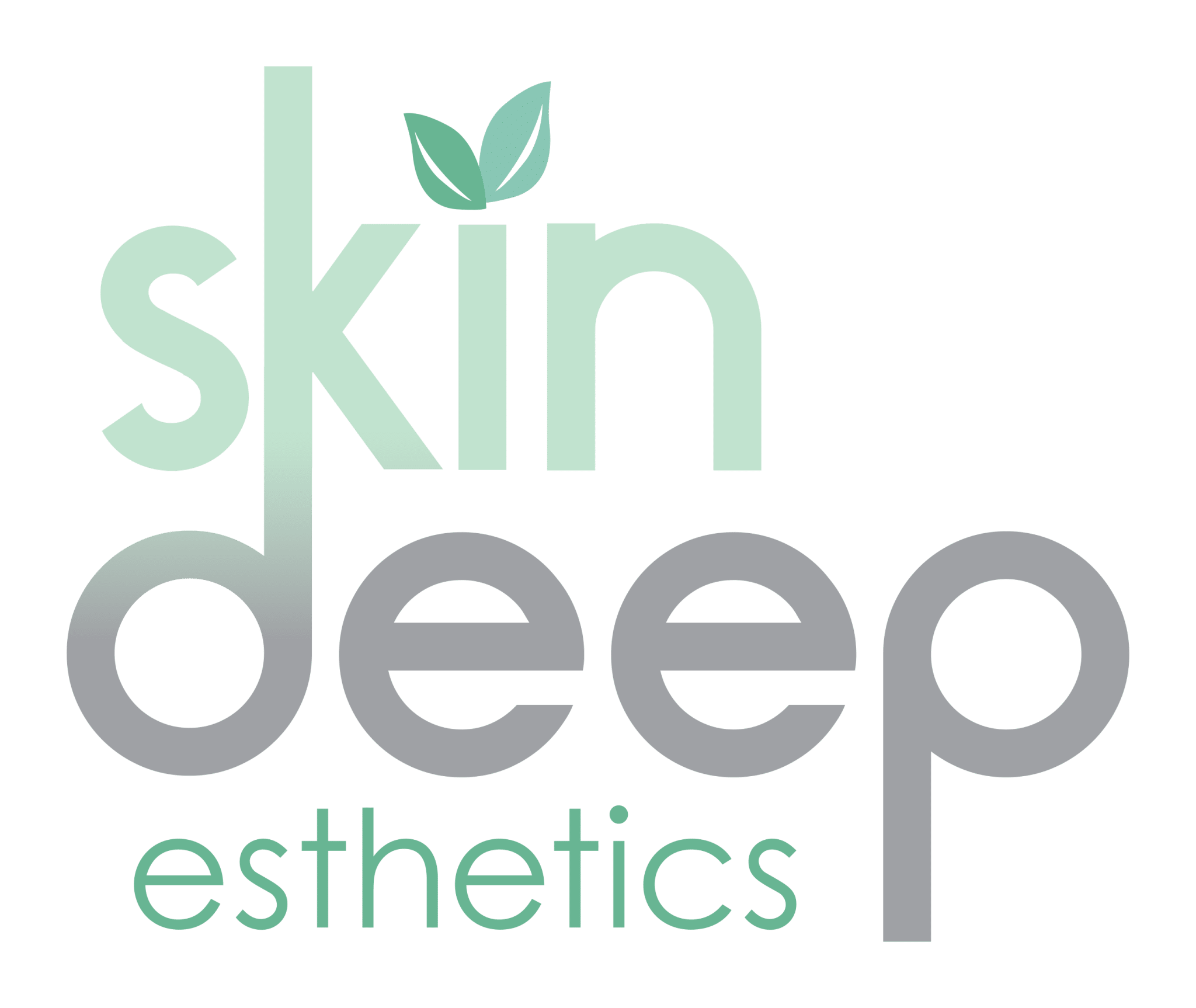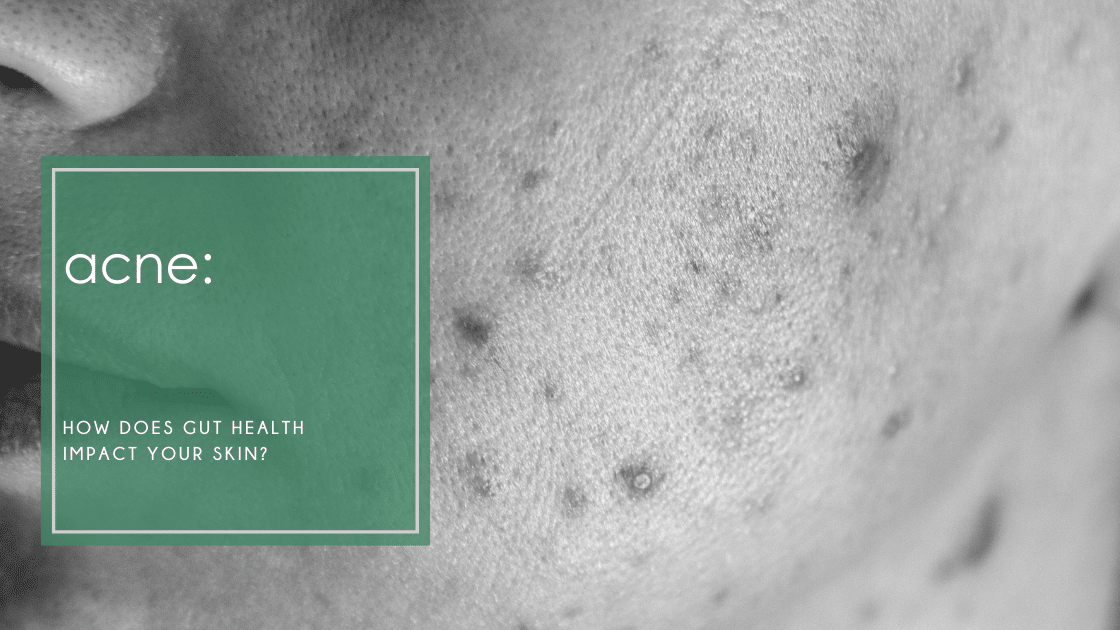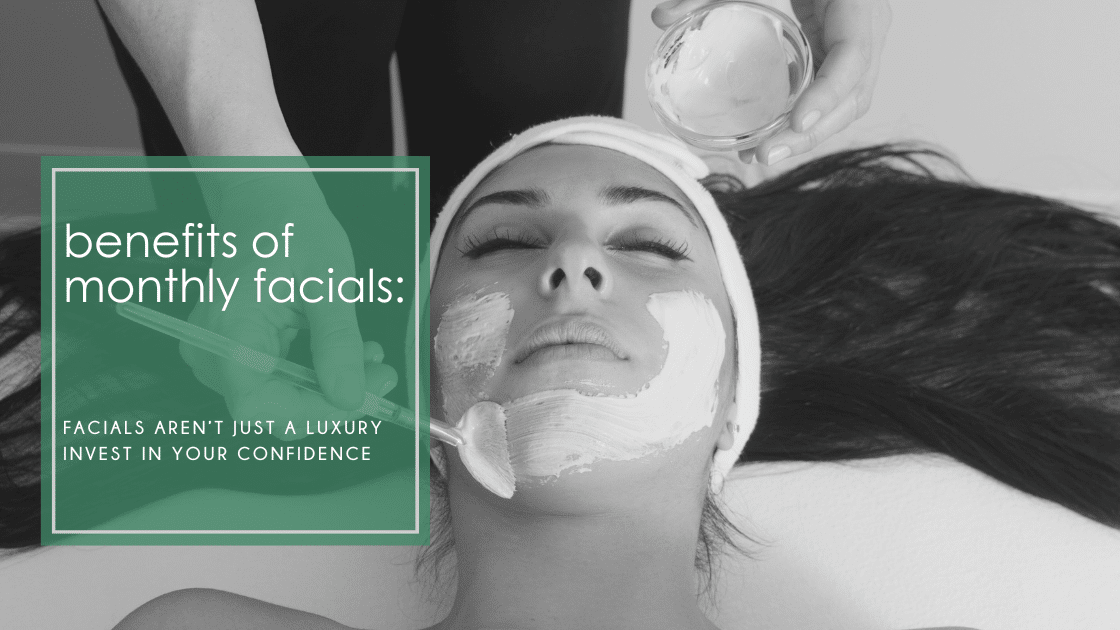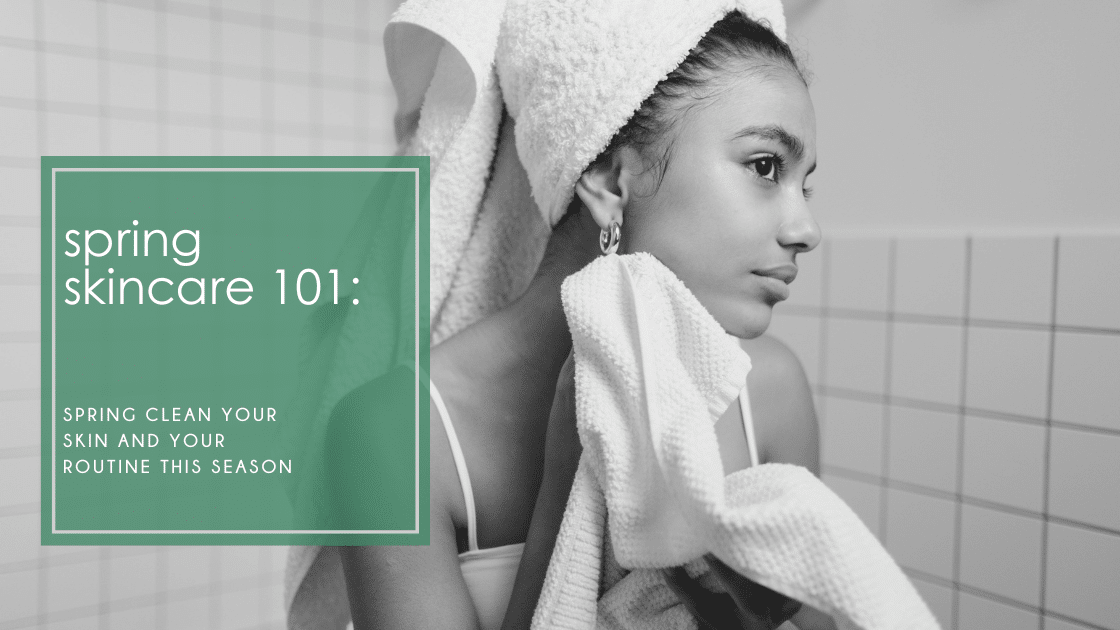The #1 Ultimate Skincare for Oily Skin
Why does society make us hate oily skin?
There are pros and cons to having oily skin
Pros:
- Your skin stays hydrated
- You age slower
- You don’t have to worry about products burning or irritating your skin
Cons:
- Your face always seems shiny
- Your pores clog easily
- No matter what products you use, your skin always feels oily
The good news is you CAN help your skin feel less oily and it starts with the cleanser you’re using.
Before we get to skincare products, let’s dissect oily skin first.
What is oily skin?
Oily skin produces excess oil, leaving us with a shiny complexion, large pores, and acne-prone skin. Not all oily skin types suffer from acne, but you tend to be more likely to break out.
Oily skin types produce more oil than combination or dry skin types.
Dry skin types produce very little oil and have tiny pores
Combination skin types produce oil on the forehead, nose & chin (T-zone areas) and tend to have dry skin on the cheeks.
We run out and buy oil-absorbing skincare products to strip away the oil and try to make it go away.
What if that excess oil you are producing is actually necessary for your skin?
The oily skin problem
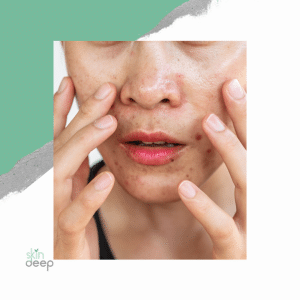
Products designed for oily skin strip away the oil because oil is bad, right?
Actually, it’s not!
We NEED the oil on our skin to keep our pores lubricated and detoxing properly.
Without oil; dirt and bacteria get stuck in the pores and can cause acne
Did you know…
If you stop using products that strip away the oil, your oil production will slow down?
Oily skin types tend to grab foaming cleansers and toners, avoiding moisturizers. These products cause the skin to produce more oil and never seem to help oily skin.
Think about it this way, your skin is always going to produce oil. When you strip the oil away, it stimulates your oil glands to produce more oil. The skin does this because it is protecting itself and keeping your skin hydrated. This is why your skin feels excessively oily by the end of the day.
How do you stop this?
Adjust your skincare products and add moisture to your skin!
Why you should add moisturize oily skin
Oil and water are 2 separate components. Think back to science class when you mixed oil and water together, they separated!
Our skin works similarly, but if you use moisturizing ingredients on oily skin, the oil and water emulsify, which means your skin stays moisturized and doesn’t feel dry. If there is enough moisture and oil on your skin, the oil glands don’t need to produce more oil.
Think of shaking a bottle of salad dressing! If that dressing sits, the oil and vinegar separate. Think of your skin having oil and water in your skin. When you apply moisturizer or use hydrating products, it’s like shaking a bottle of salad dressing in your skin.
Eventually, the oil production normalizes and your skin won’t be oily or shiny by the end of the day!
Now let’s get to the fun part…products!
The Ultimate skincare for oily skin
Cleansers
Avoid foaming cleansers! Foaming cleansers strip away oil and dry out the skin, which creates dehydrated skin.
Dehydrated skin happens when your skin feels dry & oily at the same time. It means the skin becomes dry from using the wrong products, then your oil glands work to overproduce oil by compensating for the lack of water in the skin.
My Favorite cleansers:
Toners
If you’re not using a foaming cleanser, your skin becomes balanced and you don’t need a toner!
Toners were designed to rebalance the skin’s pH. Our face cleansers were acidic and the goal of the toner was to rebalance your skin’s pH back to neutral. Our skin doesn’t work if it’s too acidic or alkaline.
The professional cleansers recommended are pH balanced, which means you no longer need to use a toner
Exfoliation
This one is going to shock you! You only need to exfoliate once a week.
Our skin is an organ, which means our skin cells naturally replace themselves. Our job with an exfoliant is to assist the skin and help the skin cells turnover properly so they don’t build up on top of the skin.
Avoid scrubs or peel pads or anything with an acid. This breaks down the skin’s protective barrier and strips the skin of oil and water.
Switch to a gommage that you use once a week (I keep mine in the shower so my exfoliant is working while I’m showering.
Serums
Serums are your worker bee ingredients that help improve a specific condition of the skin, such as aging, acne, hydration, antioxidant, etc.
Here are my favorite serums to help support oily skin:
- Peptides (aging & hydration)
- Bakuchiol (aging)
- Vitamin C (antioxidants)
- Hyaluronic Acid (hydration)
Serums are applied underneath your moisturizer on clean skin. Serums contain active ingredients and must have a delivery system to penetrate into the skin in order to help the skin’s conditions.
Moisturizers
It sounds counterintuitive to put moisturizer on oily skin, but remember, moisturizer contains water, not oil so you need a good moisturizer to keep your skin hydrated.
Earlier I mentioned that when you have oil and water in the skin, it emulsifies. When you apply a moisturizer to the skin, you are sealing the water in the skin and preventing the oil glands from overproducing oil.
I love a good lotion for the summer months and a cream moisturizer for winter and at night.
Protect
Never forget the sunscreen!
You can use either a moisturizing sunscreen OR apply your SPF over your moisturizer.
Wearing sunscreen daily is a must to protect your skin from the sun’s damaging rays, slow down aging, and keep your skin healthy.
I always recommend a zinc-based SPF and stay away from chemical sunscreens.
Just remember, these are suggestions for products. Everyone’s skin is unique to them and should have an esthetician look at your skin to make true recommendations for what will work best for you.
If you have questions or comments about oily skin or skincare products, please comment below.
See you next week!
XO
Samantha
